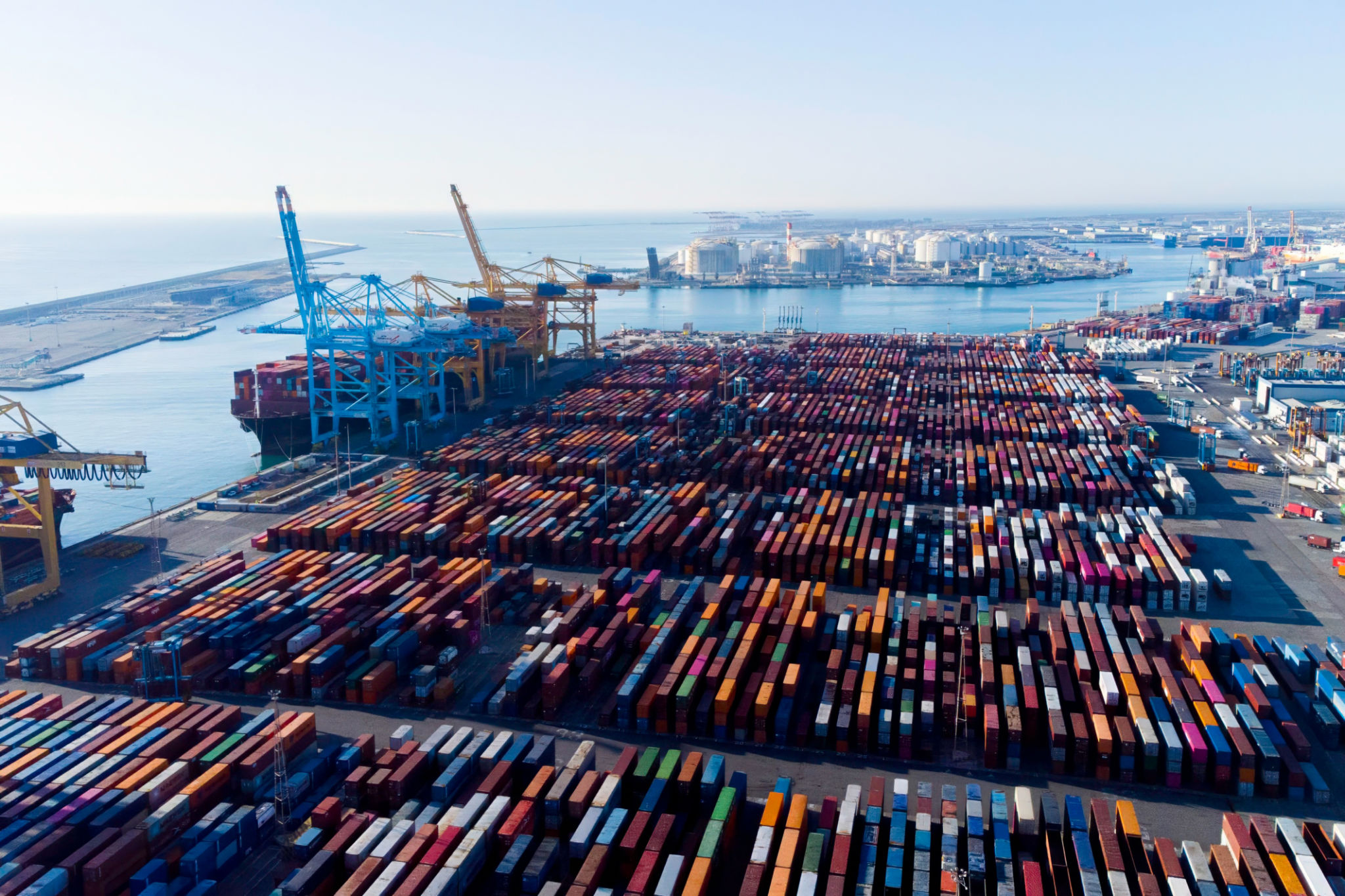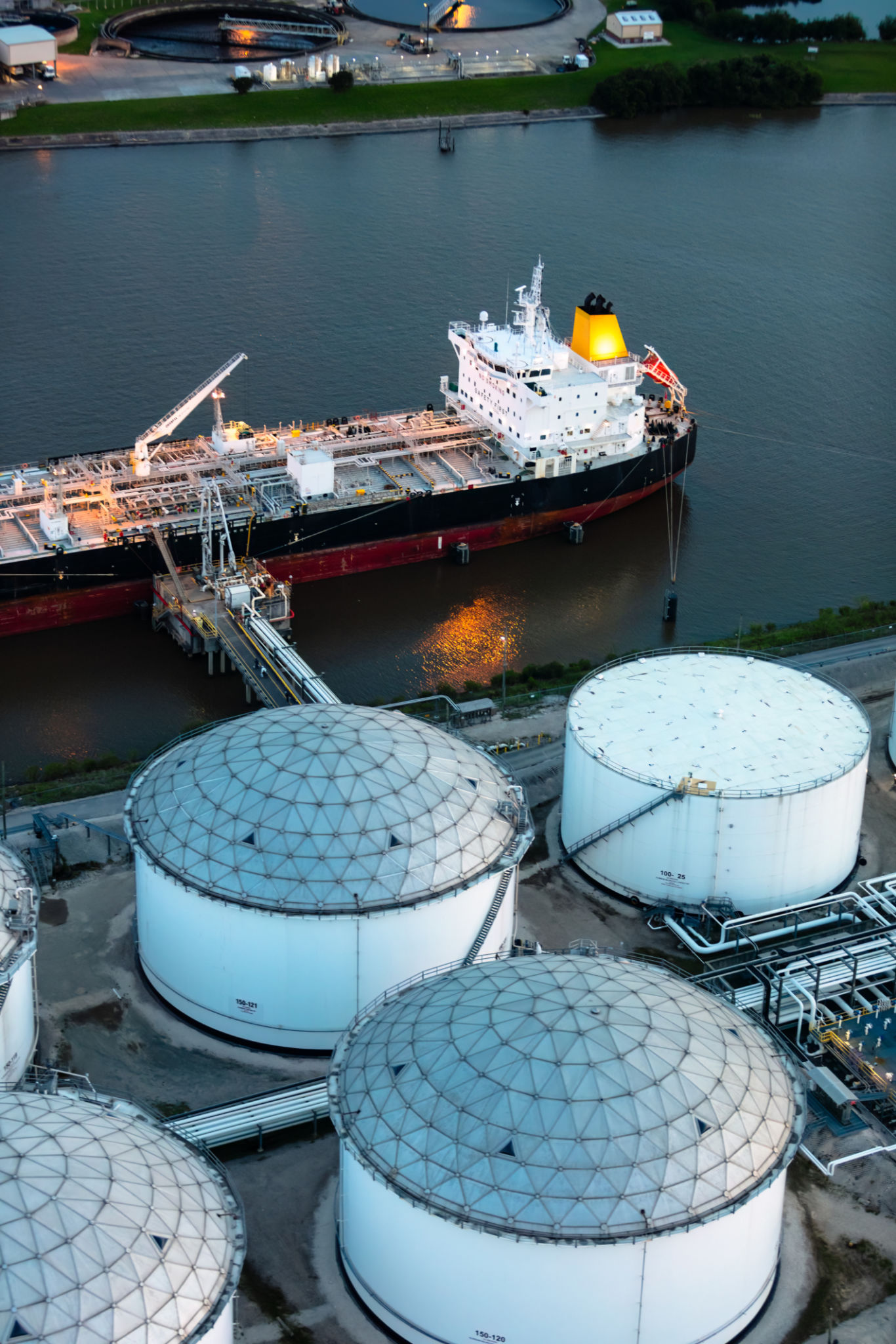5 Common Myths About Freight Logistics in South Florida Debunked
Myth 1: Freight Logistics in South Florida Is Only About Shipping
Many people believe that freight logistics is synonymous with shipping. However, this is a misconception. While shipping is a crucial component, freight logistics in South Florida encompasses much more. It involves a comprehensive system that includes warehousing, inventory management, transportation, and distribution. Logistics providers coordinate these elements to optimize supply chains, reduce costs, and improve efficiency.

The Role of Warehousing
Warehousing plays a vital role in freight logistics. Efficient storage solutions ensure that goods are stored safely and can be accessed quickly when needed. In South Florida, logistics companies often utilize state-of-the-art facilities equipped with advanced technology to manage inventory effectively.
Myth 2: South Florida's Infrastructure Is Not Equipped for Large-Scale Logistics
Another common myth is that South Florida lacks the infrastructure necessary for large-scale freight logistics. In reality, the region boasts a robust network of highways, railroads, and ports. PortMiami and Port Everglades, for example, are two of the busiest ports in the United States, providing significant capacity for international trade.

Investments in Infrastructure
South Florida is continually investing in its infrastructure to support the growing demands of logistics. These investments include expanding port facilities, improving road networks, and enhancing rail connectivity. Such developments make the region well-equipped to handle large volumes of freight efficiently.
Myth 3: Freight Logistics Is Only for Large Businesses
Some believe that freight logistics services are exclusively for large corporations with vast supply chains. However, small and medium-sized businesses also benefit significantly from logistics services. In fact, many logistics providers offer tailored solutions that cater specifically to smaller enterprises.
Customized Solutions for SMEs
Logistics companies in South Florida understand the unique challenges faced by small businesses. They offer customized solutions that help these businesses streamline their operations, manage costs, and compete effectively in the market. By leveraging logistics expertise, even smaller companies can enhance their supply chain efficiency.

Myth 4: Technology Has Minimal Impact on Freight Logistics
Some may think that technology plays a minor role in freight logistics, but this couldn't be further from the truth. Technology has revolutionized the industry by enabling real-time tracking, predictive analytics, and automated processes. These advancements enhance visibility and decision-making throughout the supply chain.
The Rise of Automation
Automation is increasingly prevalent in freight logistics. From automated warehouses to AI-driven route optimization, technology is transforming how goods are transported and managed. In South Florida, logistics companies are at the forefront of adopting innovative solutions to improve efficiency and reduce operational costs.
Myth 5: Environmental Concerns Are Overlooked in Logistics
There is a misconception that logistical operations are inherently harmful to the environment and that sustainability is not a priority. However, many logistics providers in South Florida are committed to reducing their carbon footprint through green initiatives.

Embracing Sustainability
Sustainable practices include using fuel-efficient vehicles, optimizing delivery routes to minimize emissions, and implementing recycling programs within warehouses. By embracing sustainability, logistics companies not only contribute to environmental preservation but also appeal to eco-conscious consumers.
Debunking these myths highlights the dynamic nature of freight logistics in South Florida. The industry is diverse, technologically advanced, and accessible to businesses of all sizes. As infrastructure continues to improve and sustainability becomes a focus, South Florida remains a crucial hub in the global logistics network.